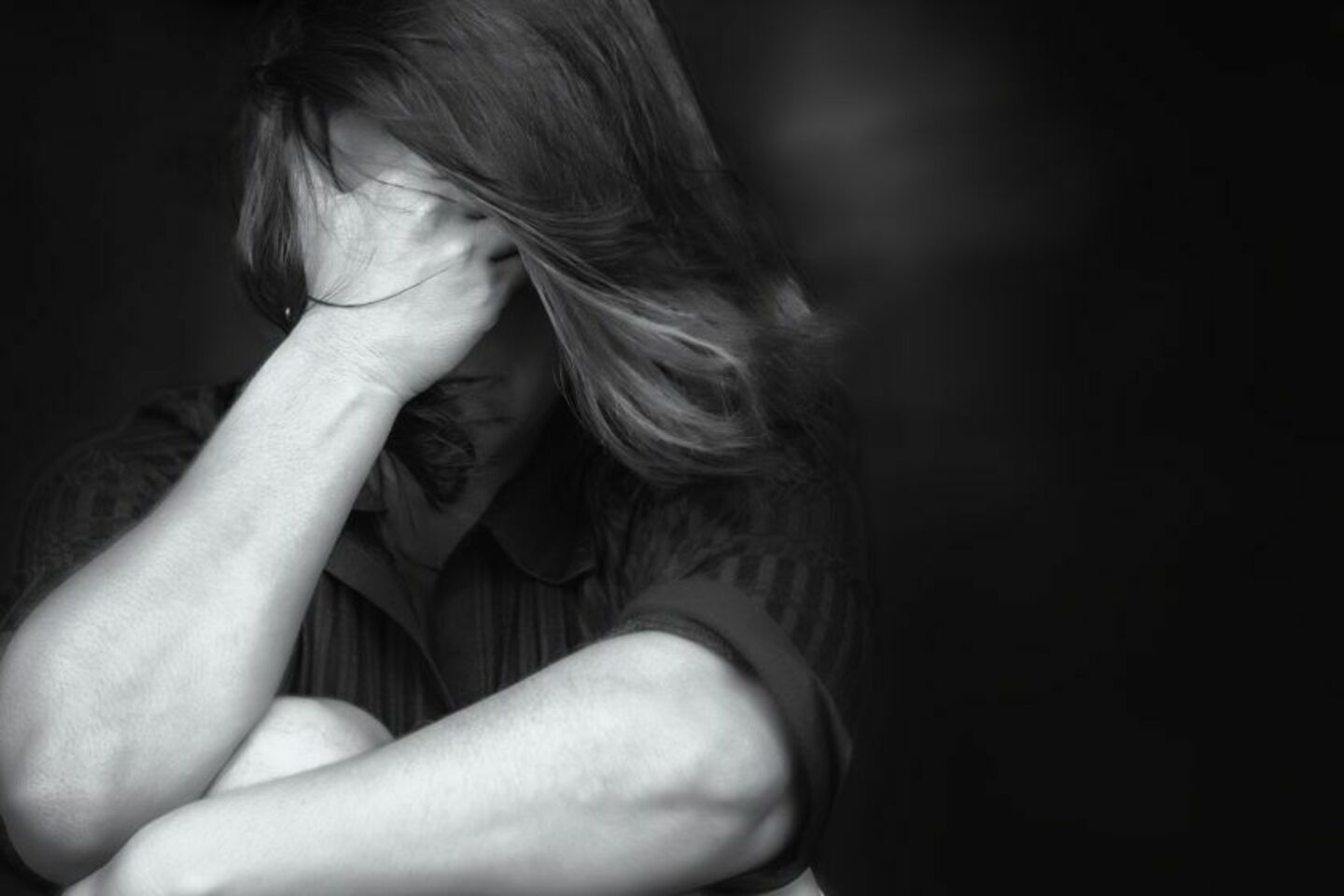
Students significantly impacted by second lockdown
Increase in mental health problems among young people due to corona measures
The COVID-19 crisis has significantly impacted the mental health of adolescents and young people. Statistics Netherlands (CBS) reports that one in four adolescents were identified as ‘mentally unhealthy’ in early 2021. Young people felt depressed, restless and unhappy. Prolonged periods of time spent at home and the lack of social contacts have undoubtedly played a role in this.
Bed, desktop and refrigerator; that’s what life looked like to many students during the lockdown. Hardly any contact with friends and fellow students, and education via a computer or laptop screen. At the time, Cursor spoke to then first-year Psychology and Technology student at TU/e Laure Vissers. She had grown so tired of sitting at home that she sent outgoing Prime Minister Rutte a letter in which she urged him to reopen schools as quickly as possible. She and a number of other students told Cursor that their mood and motivation were affected negatively by the fact that they had to spend so much time at home. “Young people need to be able to go out and experiment with the things that are part of life as an adult. The fact that everything came to a standstill has seriously impacted the mental health of a significant number of young people,” Anita Kraak of the Netherlands Youth Institute says in de Volkskrant.
Antidepressants
And the figures published by the CBS demonstrate this. In early 2020, just before the first lockdown, some twelve to fifteen percent of young people felt out of sorts. One year later, that number had climbed with ten percentage points. In other age categories, the difference is smaller. On top of that, research from the Nivel (Netherlands Institute for Health Services Research) shows that during the second lockdown – which started in December – the number of antidepressants prescribed by general practitioners to people between the ages of 15 and 25 had increased with almost eight percent compared to 2019, before the start of the COVID-19 crisis.
More attention
Generally, general practitioners don’t immediately prescribe medication when a patient suffers from mental health problems. The fact that the number of prescriptions has climbed, shows that patients suffered from “severe and prolonged mental health issues,” according to the Nivel. Eveline Crone, professor of developmental psychology at Erasmus University Rotterdam and expert in the development of the adolescent brain, sounded the alarm regarding the mental wellbeing of young people some time ago already. Over the past year, Crone conducted research into the consequences of the COVID-19 pandemic for young people. “We need to pay more attention to young people throughout this entire crisis. We shouldn’t just give them advice on how to get through this bad patch, but we should also meet their need to contribute to society. Involve them, that’s very important,” she told the NOS. In short, there most certainly is something going on with a large number of young people who feel depressed as a result of the corona measures, and that deserves attention.
Student wellbeing
What’s the situation like at TU/e? Cursor published an article earlier about the effects of the first intelligent lockdown. That was in late 2020. Research, set up by TU/e in collaboration with the University of Twente and Utrecht University, showed that the corona measures did not significantly impact student wellbeing. The research didn’t show an increase of mental health issues either. But what is the situation after the second lockdown earlier this year? Marloes Hartman-Timmermans, student psychologist at TU/e, says: “We see about five percent of the student population per year. This means that we’ve had at least one meeting with a student.” Hartman-Timmermans recognizes the signals that the second lockdown had a greater impact on students than the first one, however: “We don’t notice a significant increase of certain mental complaints. Most students still come to us with complaints of stress and anxiety. That was also the case during the second lockdown.”
Limited capacity
What needs to be taken into account however, is the fact that the student psychologists don’t have a complete picture of every student at TU/e who suffers from mental issues. “We too have only a limited capacity of course. We see a part of this group, but a number of other students who ask for help are referred to their general practitioners via some other official body. If we would have had an extra colleague, we might have had more appointments with students over the past year.” Nevertheless, there was fierce criticism some time ago with regard to the waiting lists for an appointment with a student psychologist. Staff faction PUR sounded the alarm in late 2019. It was said to take at least 26 days before students could make an appointment for an intake interview with a student psychologist. The increased number of students and the waiting time at the GGZ were cited as reasons. There currently aren’t any such waiting lists, Hartman-Timmermans says.
Looking ahead
The student psychologist expects that the number of care requests will drop anyway in the coming period. “So much more is possible now than at the start of the year. Students can meet face to face again, and that can help a great deal when you feel down and lonely.” Hartman-Timmermans wants to stress how important it is to stay positive and to focus on what has become possible again. “Students can physically attend lectures again. That makes a big difference.”
Do you need help?
Do you feel the need to talk to a student psychologist? Go to this site to make an appointment, or call your general practitioner. In case the general practitioner is out of office during weekends, you can contact the GP out-of-hours service via 088 876 5151. In case of an emergency of any other kind, call 112, which is available 24/7.

Discussion